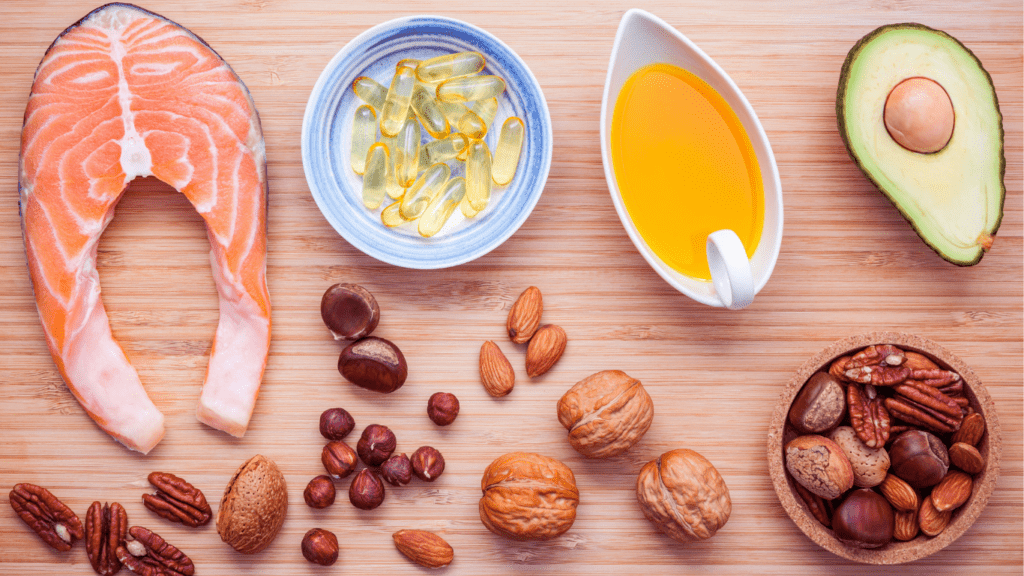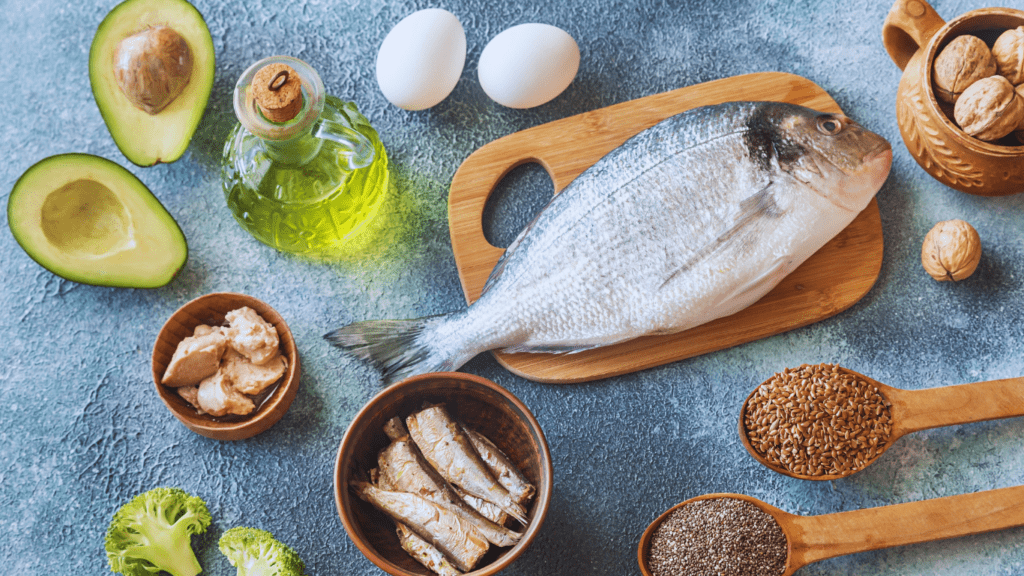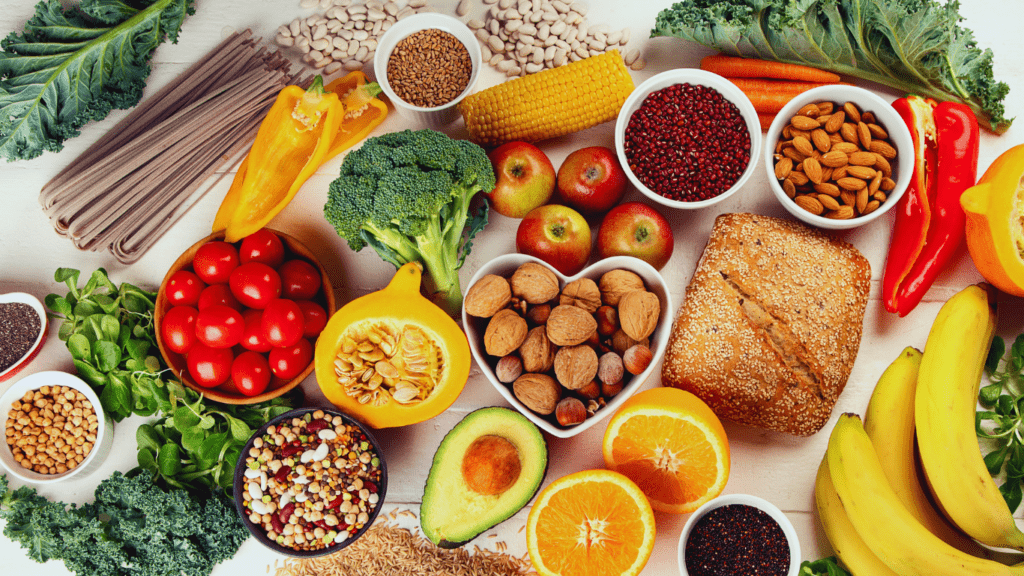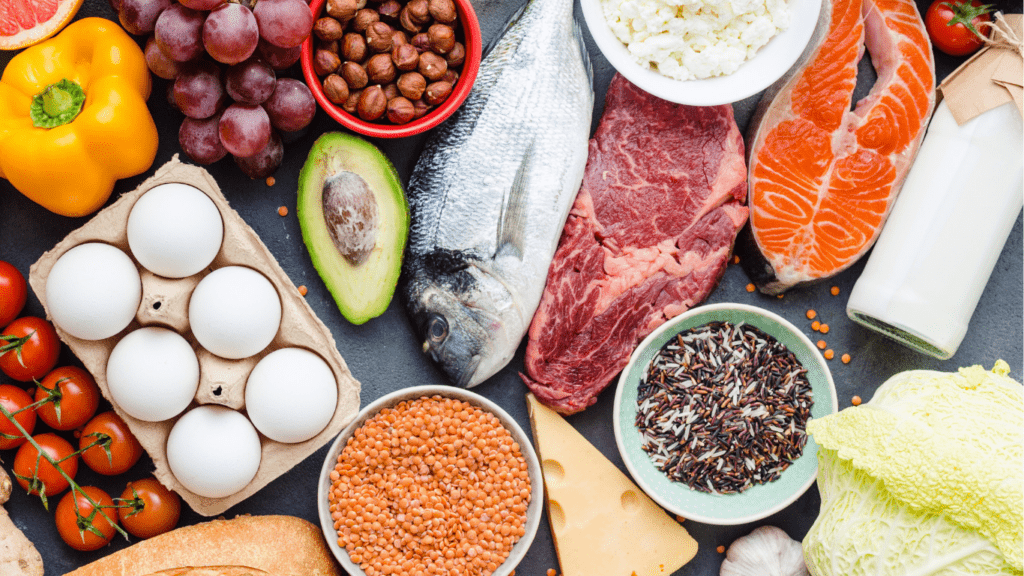Ever feel like your brain’s running on empty? I’ve been there—struggling to focus, forgetting things, or just feeling mentally sluggish. What if I told you the secret to sharper thinking and better clarity might be on your plate? That’s right, the right fats can fuel your brain and keep it performing at its best.
Smart fats, like omega-3s and healthy oils, are more than just good for your body—they’re essential for mental health. They help improve memory, focus, and even mood. Incorporating these brain-boosting foods into your diet doesn’t just make sense; it’s a game-changer for your mind. Let’s dive into how these powerful nutrients can transform the way you think and feel.
What Are Smart Fats?
Smart fats are nutrient-dense fats that support brain health and cognitive function. They include omega-3 fatty acids, monounsaturated fats, and specific polyunsaturated fats. These fats enhance cell membrane integrity in the brain, facilitating better communication between neurons.
Omega-3 fatty acids, found in salmon, walnuts, and flaxseeds, are critical for mental clarity and memory retention. Monounsaturated fats, present in avocados and olive oil, support brain metabolism and reduce inflammation. Certain polyunsaturated fats, such as those in chia seeds and hemp hearts, also promote neural health.
Smart fats play a role in producing essential brain chemicals like neurotransmitters. A diet rich in these fats reduces the risk of cognitive decline by combating oxidative stress and fostering neural repair.
How Smart Fats Impact Mental Clarity
Smart fats play a critical role in maintaining and enhancing mental clarity. They directly influence like:
- brain function
- neuron communication
- cognitive processes
Role in Brain Health
- Smart fats, including omega-3s and monounsaturated fats, ensure optimal brain health by maintaining the structure of cell membranes.
- Healthy membranes allow neurons to transmit signals efficiently, improving memory and decision-making.
- Fats like those in salmon, avocados, and nuts also reduce brain inflammation, which decreases oxidative stress and protects against degenerative conditions.
- Neural repair mechanisms depend on these fats to sustain long-term brain vitality.
Importance of Omega-3 Fatty Acids
Omega-3 fatty acids, notably DHA and EPA, are essential for mental clarity. DHA strengthens neuronal cell membranes, while EPA helps combat inflammation. Foods like salmon, sardines, and walnuts provide high omega-3 levels, leading to enhanced neurotransmitter production. Research shows that diets rich in DHA improve focus and slow the progression of age-related cognitive decline.
Enhancing Cognitive Function
Smart fats directly enhance cognitive function by supporting neural communication and energy metabolism. Monounsaturated fats from olive oil and nuts boost brain metabolism, facilitating quicker thinking. Polyunsaturated fats in chia seeds and hemp hearts support neurotransmitter activity, improving mood and concentration. Incorporating these fats into meals improves overall cognitive resilience and adaptability.
Top Foods Rich in Smart Fats

Including foods high in smart fats is key to enhancing brain function. These nutrient-packed options provide the essential fats your brain needs for clarity and focus.
1. Fatty Fish
Fatty fish like salmon, mackerel, and sardines are rich in omega-3 fatty acids, specifically DHA and EPA. These compounds strengthen brain cell membranes and reduce inflammation that can impair cognitive function. Just 3.5 ounces of cooked salmon offers around 2 grams of omega-3s, making it a potent choice for mental clarity.
2. Nuts and Seeds
Walnuts, almonds, flaxseeds, and chia seeds are excellent sources of healthy fats. Walnuts, with 2.5 grams of alpha-linolenic acid (a type of omega-3) per ounce, aid memory and learning. Chia and flaxseeds contain both omega-3s and polyunsaturated fats that promote neurotransmitter production and neural health.
3. Avocados
Avocados deliver monounsaturated fats that support blood flow to the brain. One medium avocado contains about 15 grams of these healthy fats, making it ideal for enhancing oxygen delivery and reducing brain inflammation. These fats also aid in sustaining consistent energy levels for cognitive tasks.
4. Olive Oil
Extra virgin olive oil provides a high concentration of monounsaturated fats and antioxidants. Its compounds protect brain cells from oxidative stress and enhance synaptic responses. Using just a tablespoon daily, containing 14 grams of healthy fats, can improve brain metabolism and support long-term cognitive health.
5. Dark Chocolate
Dark chocolate with at least 70% cocoa content contains polyphenols and healthy fats. These nutrients improve cerebral blood flow, reduce stress hormones, and enhance mood. Eating 1 ounce provides approximately 12 grams of fat, including compounds that support mental resilience.
Tips for Incorporating Smart Fats Into Your Diet
Including smart fats in daily meals can enhance cognitive function and mental clarity. By focusing on practical meal planning, creative recipes, and high-quality sources, I ensure these brain-boosting nutrients are part of my diet.
Balanced Meal Planning
I combine smart fats with other nutrient-dense foods for balanced meals. For breakfast, I eat avocado toast on whole-grain bread or add chia seeds to smoothies for healthy fats and fiber. During lunch or dinner, I include fatty fish like salmon or mackerel alongside leafy greens and quinoa to provide omega-3s and antioxidants. Snacks like walnuts, mixed with fresh fruits, offer a quick boost of essential fats.
I aim to balance macronutrients—healthy fats, quality proteins, and complex carbohydrates—in every meal. This approach helps maintain stable energy levels and supports optimal brain function throughout the day.
Creative Recipes to Try
Experimenting with recipes makes incorporating smart fats enjoyable. I prepare a salmon and avocado salad with olive oil-based dressing for a nutrient-packed lunch. Omega-3-rich energy bars with flaxseeds, honey, and oats serve as great snacks. For dessert, I try dark chocolate bark topped with crushed walnuts and a pinch of sea salt.
When cooking, I replace standard cooking oils with extra virgin olive oil to maximize brain health benefits. Blending it into homemade pesto or drizzling it over roasted vegetables enhances both taste and nutrition.
Identifying Quality Sources
I prioritize fresh, high-quality ingredients to maximize their nutritional value. For seafood, I choose wild-caught options like Alaskan salmon to ensure higher omega-3 content and fewer contaminants. Organic avocados and extra virgin olive oil are preferred to avoid harmful pesticides and retain natural antioxidants. When buying nuts or seeds, raw or minimally processed varieties help ensure no added sugars or harmful oils affect their benefits.
Labels and certifications guide my choices; I look for “Certified Organic,” “Non-GMO,” or “Sustainably Sourced” where applicable, particularly for oils and fish.





